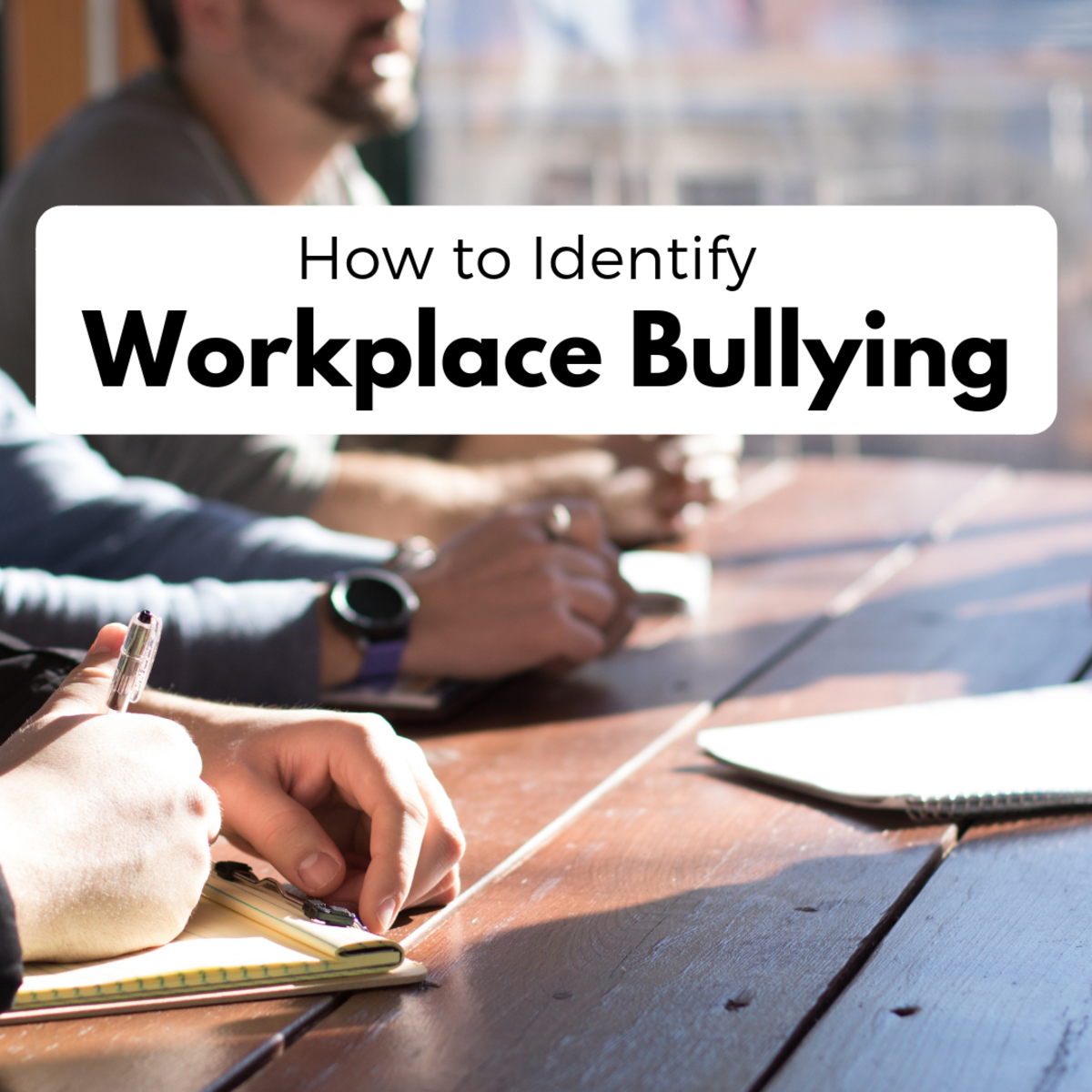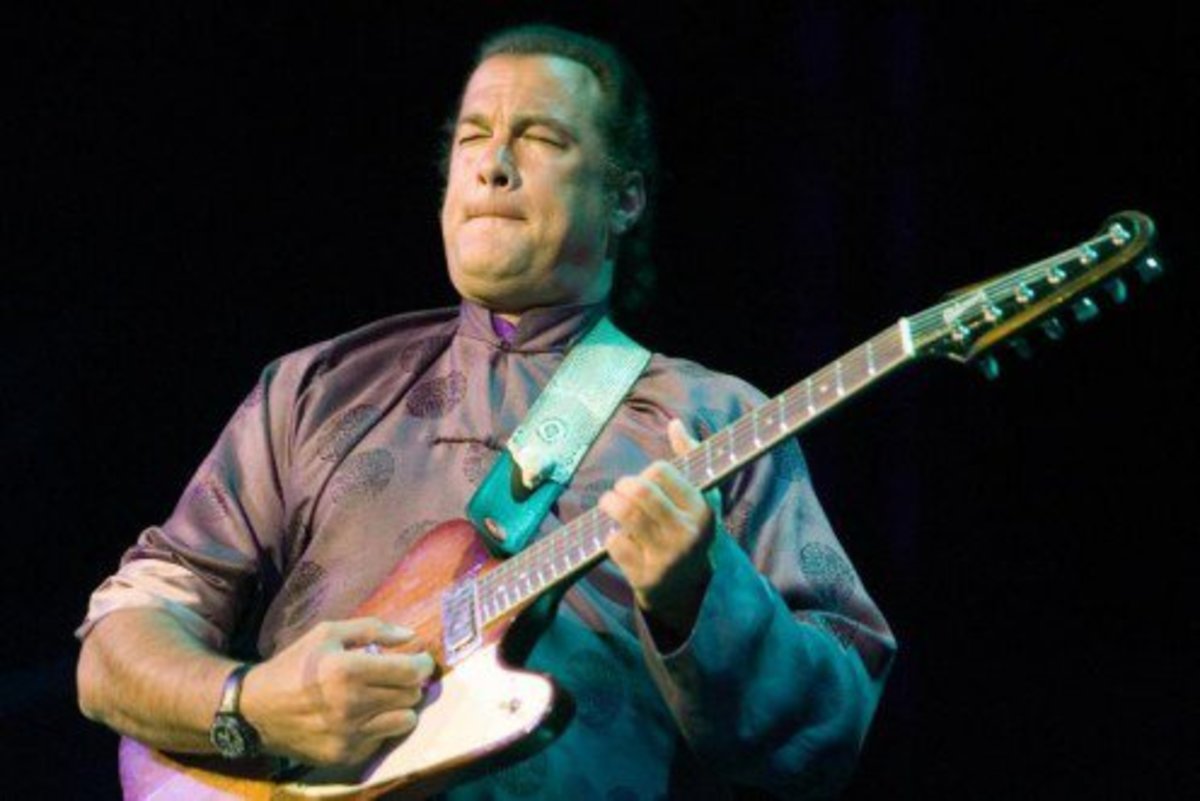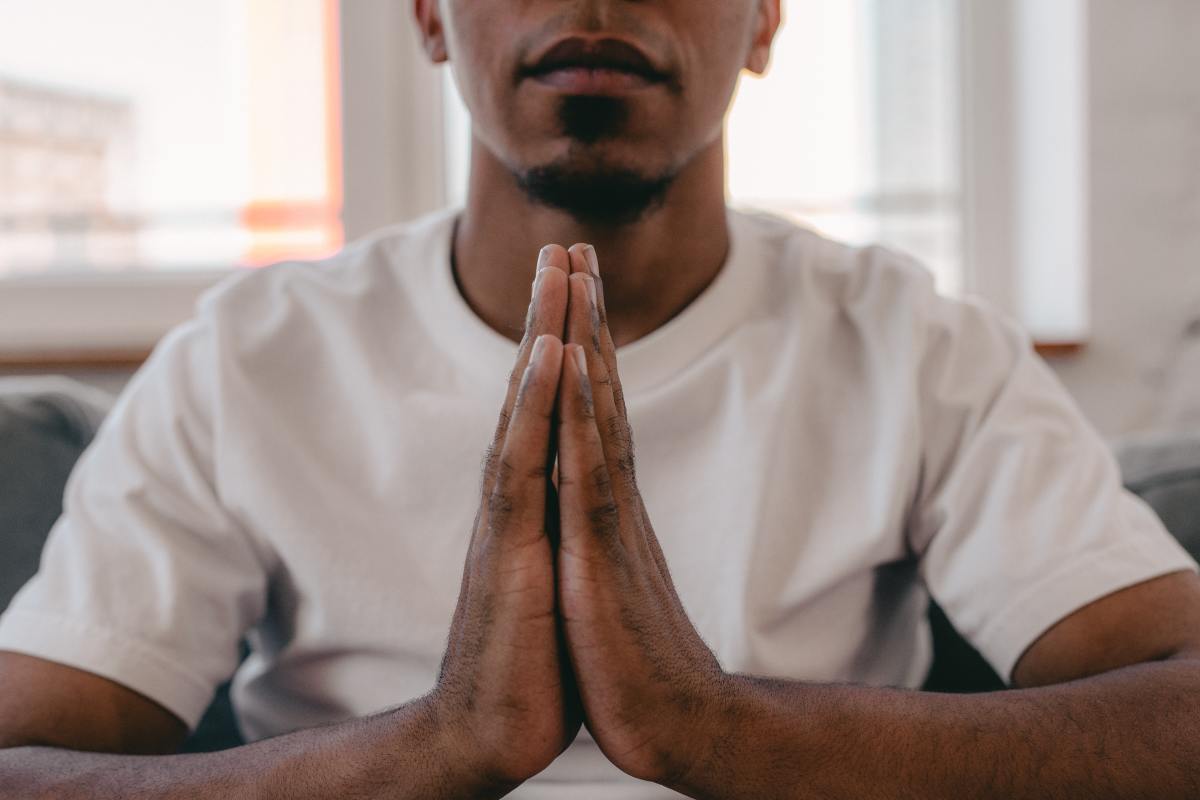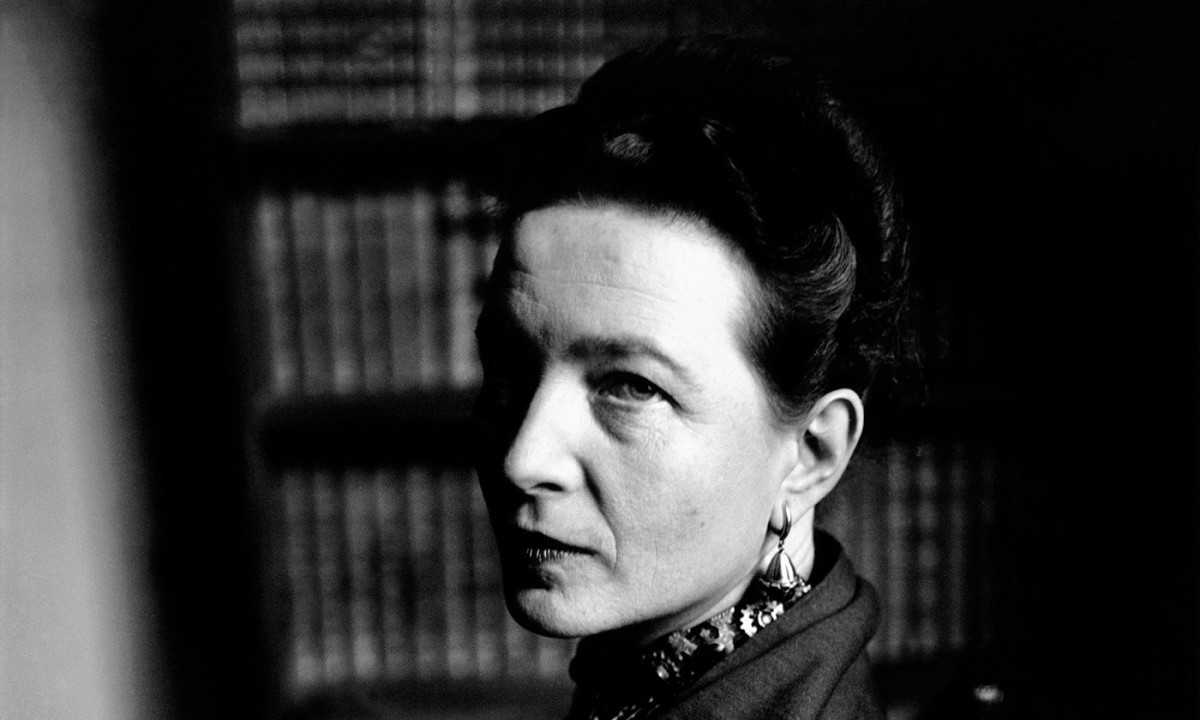Girls Can Do Anything: No Means No, Not Okay, Me Too

Before we jump into this mind meander written towards the end of 2016, let’s indulge in a ‘clin d’oeil’ to the past because, hashtags aside, there is indeed nothing new in our headlines.
Not OK … Me Too, read side by side, produce the same catchy non-sequitur as that of the Je t'aime … Moi non plus, the title of the lascivious duet, hit song, written by Serge Gainsbourg in the late ‘60s. I love you … Neither do I.
The real thing is that, though two years short of two generations of men and women have had their say and done their deed since that song was released – if the shape of our culture appears changed, its depth is not – certainly not when it comes to the relevance of women in our culture - not when it comes to their 'liberation'.
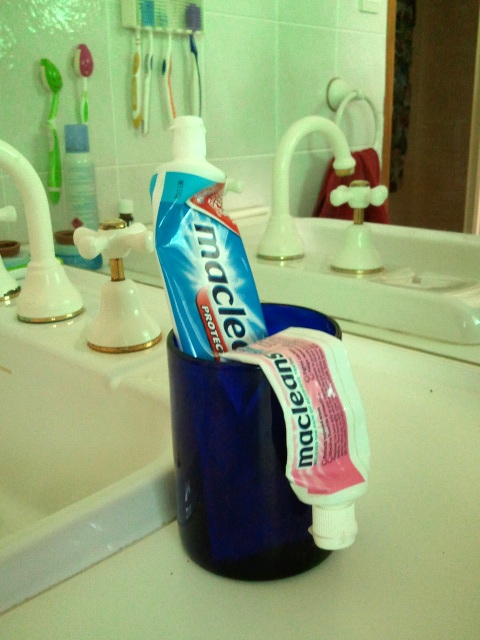
Back on track but are we on track?
Early in the ‘70s, Charlotte Whitton, a Canadian feminist coined the catch-cry: Whatever women do they must do twice as well as men to be thought half as good.
In which ways has that situation evolved in the past 47 years?
When Ms Whitton added, ‘Luckily, this is not difficult,’ was she sarcastic or was she merely naive?
Current research shows that men tend to apply for a job they might not be well-matched for, just on the off-chance they might get it, while many women will not apply for a position unless they feel they meet all the requirements - and more.
In the ‘80s, the idea that ‘girls can do anything’ had become widely accepted.
Yet, too often, women of all ages are still asked to assume a subsidiary role because of their gender.
With regular monotony, the role of a patsy is added to their job description along with that of a walking/talking sexual object.
When a president has to weigh in
Because bias is still such an issue, even in the midst our democratic niceties, President Obama, at times dubbed America’s Feminist-in-Chief, flagged gender inequality in the workplace within the context of the 2016 U.S. Presidential elections.
“When a guy’s ambitious and out in the public arena and working hard,” he said, “well, that’s O.K., but when a woman suddenly does it, you’re all like – well, why’s she doing that?”

On the topic of economic parity, despite an additional quarter of a billion women entering the global workforce since 2006, wage inequality persists and the real questions, here, are why, really why, do women still need to demand equal pay and why do they find it so difficult to do just that.
Patty Jenkins, director of the latest Wonder Woman film, has recently become the highest paid female director of all times.
Be that as it may, regardless of the seeming exorbitant deal she has been offered to produce the sequel Ms Jenkins, too, is striving to have pay parity with male directors of her calibre.
In some industries, the salary discrepancies are more glaring than in others but, according to the Forum’s Global Gender Gap Report 2015, women in many sectors earn only what their men counterparts collected a decade ago.
A study generated by Indiana University in 2012 concluded that the median salary for women journalists was 17% lower than for the men.
Generally speaking, in most workplaces, as on the sports fields, as on the international tennis circuit, women tend to receive only 80% of what men do.
Perks and bonuses are not distributed equally by sponsors.
Some say pay discrepancies occur because, across the board, most women are not aware of the pay difference between their and their male colleagues’ salaries.
Is this likely in this day and age?
Not all is total doom and gloom: though the military is notorious for sexual harassment and women are not promoted at the same rate men, there is no pay gender gap in the US military.
You have the rank – You have the pay.
Though personal safety is not yet one of them, in varying degree, things are still improving for women in most places in the world, including in some of the least developed countries in areas of the world.
However, the latest World Economic Forum report shows that the situation either remains the same or is deteriorating for women in 20 percent of countries.
Might it be in my country?
Might it be in yours?

1991 in the distant past
Back in America, in 1991, was the much-publicised case of an Attorney-Adviser, Anita Hill vs a Judge, Clarence Thomas.
When Ms Hill, interviewed privately by the FBI, testified that Clarence Thomas, a federal Circuit Judge, who earlier had been her supervisor at the Department of Education and the EEOC, had sexually harassed her, his friends and backers immediately closed ranks.
They questioned Ms Hill’s credibility.
They claimed she was delusional and/or that, feeling spurned, she was seeking revenge.
Clarence Thomas denied the charges vehemently and was soon after upgraded to the rank of Judge to the U.S. Supreme Court.
25%
America is a highly developed country, a high-scorer in socioeconomic performance that, for now, enjoys the world's largest economy. Yet, Barak Obama was compelled to affirm, “We need to change the attitude that punishes women for their sexuality but gives men a pat on the back for theirs.”
In June 2016, The U.S. Equal Employment Opportunity Commission released a study of harassment in the workplace.
According to some of its findings, at least 25% of women in America have formally come forward saying they had experienced ongoing sexual harassment of one type or another.
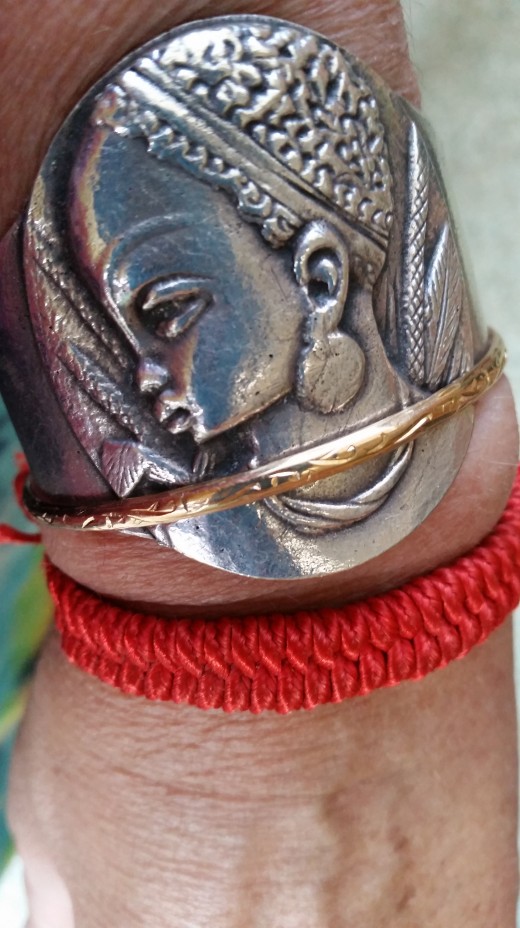
#notokay
Millions of women have joined the created in 2016 to share, not ‘only’ the assaults they have endured, but also denounce the overall, insidious culture of harassment. If their ever-growing number is anything to go by, it is easy to imagine that the figure of 25% percentage fails to paint the complete picture.
Beyond that, imagine for a moment, for a real moment, what the percentage might be, not just in our democracies, but in developing countries.
There, efforts to investigate workplace harassment, sexual abuse and domestic violence are limited. That is partly because local culture is even more misogynistic than in the west and because, for reasons best known to them, the men ‘in charge’ are often reluctant to admit and seriously address the problem.

Bottom line
Throughout aeons, centuries, decades and years - all bloated by inequality - women have come forward with their private pain, fear, trauma caused by sexual harassment and physical/sexual assault suffered as they went about their business in their streets, in their workplace. And, of course, in their home.
Now as back then, the best they can do is remove themselves from harm’s way by quitting their job without the professional references due to them – or by leaving their home, depending.
That said, too many stay put for reasons best known to them but, as they say, 'Don't judge anyone until you have felt their pain.' Heaven forbid!
Spouses, family, relatives and friends are not always supportive, and these women are often left to suffer the emotional and financial consequences of ‘their decision’ on their own.

Serious questions
On the whole, are non-affected women proactive and supportive enough?
Do they have each other’s back, in the workplace, in the sports fields – in their home?
Do women care that much when they read that, on the whole, not many victims or survivors of harassment and rape have spoken out?
That not many who have spoken out were not believed - even by their loved ones?
That many of those who were believed were discouraged from seeking justice - at times by their loved ones for reasons best known to them?
That most of those who went ahead with legal representation either lost their case altogether or were 'awarded' a lesser compensation than that deserved under an unmitigated application of the law?
That most of these women suffer twice?
That, for many of these women, shame and suffering are ongoing, and that writing about their ordeal under a hashtag does little to erase the hurt?
Aren't we all in it together?
It is both easy and difficult to imagine that many women, even those in white-collar jobs, are neither in a position to complain about having to assume subsidiary roles within their workplace because of their gender nor to stand up to their harassers and tormentors.
Generally-speaking women are as trapped by the misogynistic culture perpetrated by men at large – enabled by women at large - as flying insects are by spider webs.
They are seldom in a position to seek justice or compensation from anyone with status or stature above their own. On the one hand, the misogyny embedded in our laws and culture has generated psychosocial hazards that, for the most part, affect only girls and women.
On the other, our culture has made it unduly trying to bring in convictions even when a law can be applied.
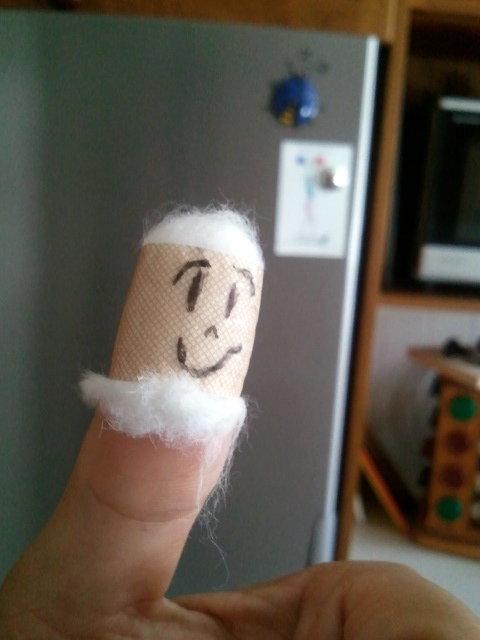
When Justice is fair
So, hooray for 50-year-old Gretchen Carlson, a former Fox News anchor who, a few months after her contract at Fox News had been terminated, filed a lawsuit against none lesser than Roger Ailes - the CEO and then chairman of Fox – for ongoing sexual harassment. Her reward for bravery ‘under fire’ was a hefty $20 million settlement.
Ms Carlson has since become something of a magnet for women who have their own tales of woe to share.
Many have lost their jobs after complaining about sexually inappropriate behaviour at work. “I’ve heard from so many women, from Wall Street to a tiny little town in Alabama. It’s everywhere,” she explains.
According to the article in Time, October 31, 2016, Ms Carlson was “saddened by the prevalence of powerful men disrespecting and objectifying women—and getting away with it for years.” She added, “I am particularly distressed when people in the public eye who influence our culture perpetuate sexism. I think this is happening every single day to women in all walks of life and in all different types of corporations.”
Hooray, too, for the Australian Victorian Supreme Court who recently awarded Kate Mathews, a road construction worker a $1.3 million payout in compensation for the assaults, relentless sexual harassment, bullying and rape threats suffered over a two-year span.
Sadly, for Ms Matthews, a big chunk of this payout will go towards managing the bipolar disorder, post-traumatic stress disorder and anxiety and depression that are the direct result of the traumatic years lived-out in her workplace.
Keep quiet, little voice
Before the settlement of $20 million, Ms Carlson was apparently already living ‘the good life’ with her husband and their two children. Now, a little voice inside my head is quipping so insistently that I will put it on 'speakerphone'.
“Wouldn’t be awesome,” it insists, “if Ms Carlson funnelled one of these millions into a fund aimed at alleviating the plight of women who have had no other recourse than to quit their job? The ones who, as a result, find themselves struggling just above or below the poverty line!” The little voice goes on quipping, “Her win, then, would truly have been for the greater good of self and the greater good of all.”

One less matters
Breaking news on this day in October 2017, roughly a year after I wrote the above [as of yet unpublished] article, SHAMED has a new poster boy.
Harvey Weinstein, the American film producer and former film studio executive who has over-indulged his sordid need to degrade women has finally been exposed on social media and through news outlets worldwide.
The karmic ripples this man has created over decades through his deliberate actions, using his wealth, status and considerable weight as intimidators, have finally opened a massive sinkhole under his feet. That is appropriate.
Less appropriate is the likelihood that he will never face his judgement day in a courtroom - let alone endure a few of the estimated sentence of 25 years in jail.
The thing is, though this man has become an overnight figure of contempt and ridicule, he is far from being one of a kind.
It would be a comforting thought if, their age allowing, such men, charismatic, sexual bullies, who yield a form of power that commands if only surface respect, could be a ‘dying breed’.
Reality is that their avatars, much younger men of all ages and in all walks of life, have already begun honing their own skills.
Still, one less of them on the loose is a good thing in the here and now.
Done with raising awareness!
The risk of unfair treatment of girls and women is so pandemic that, back in November 2016, President Obama went on record offering a valuable template for a new approach to masculinity, “It is absolutely men’s responsibility to fight sexism, too. [ … ] And as spouses and partners and boyfriends, we need to work hard and be deliberate about creating truly equal relationships.”
Serious questions: every boy beyond the age of 5 would know that Barbie is a doll, but girls are real humans; that it is wrong, illegal and immoral to hurt them physically and/or emotionally, just as it is wrong to harm any animal.
By the age of 12, every boy would know that sexual innuendoes and actions need to be welcome and consensual.
Beyond expected basic knowledge, all manner of laws has been passed to protect women of all ages.
So … why the ongoing need to ‘raise awareness’?
What section of our population is not yet aware of women’s entitlement to basic human rights?
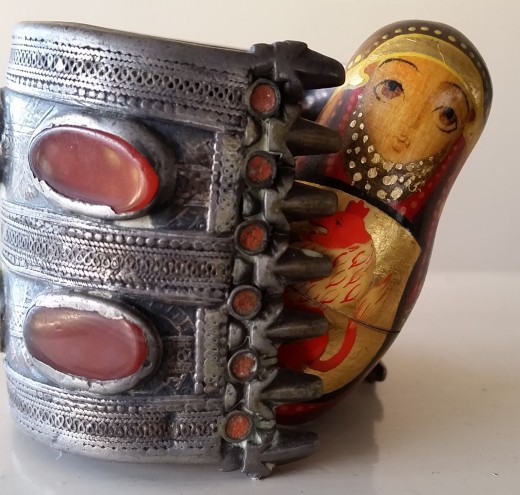
Branded by the hashtag
Now, women are once again encouraged not to rationalise suspect behaviour, to not deviate from their original plan by silently walking away from a job to avoid danger, but to assert themselves and to speak up.
Yes, of course, it is time to dissolve the conspiracy of silence when faced with inappropriate, unlawful behaviour.
But, in urging women to point the finger and incur personal risk in the darker corners away from the limelight, these well-intended supporters, many of them women, are again placing the onus on the victims.
It is difficult to imagine that giving someone the finger and saying, “I’ll hashtag you!” is going to fix matters on a one-to-one basis.
From 1949 to 2017 and counting
Serious questions #1: what would it take for us, men and women, separately and collectively, to usher in a sociocultural context within which young boys, girls and women were free to play, work and live?
Can we ever envisage a culture in which girls and women would be as unworried about how their face, lips, breasts, legs, thighs or butts might affect the emotions and thoughts of random men – as are men?
Wouldn’t that positive indifference amount to the ultimate ‘liberation’ and ‘equality’ of that second sex Simone de Beauvoir wrote about in 1949?

Serious questions #2
What would enable men of all ages to up-level their sense of self and their respect for physical differences?
To come together as a brotherhood of allies, to develop humility and pure interest in the other?
To step into a larger perspective, to act through true free will, unmotivated by distortions of ego?
How to best assist men of all ages, as they shift from being mere reactive puppets of their emotions and thoughts, if not by helping them first find their authentic core energy?
‘I decided who I wanted to be,’ said Coco Chanel, ‘and that is who I am.’
Considerably too simplistic, of course, but we should all have a go anyway, for the greater good of all - and of self.
One thought, one different thought, at a time.
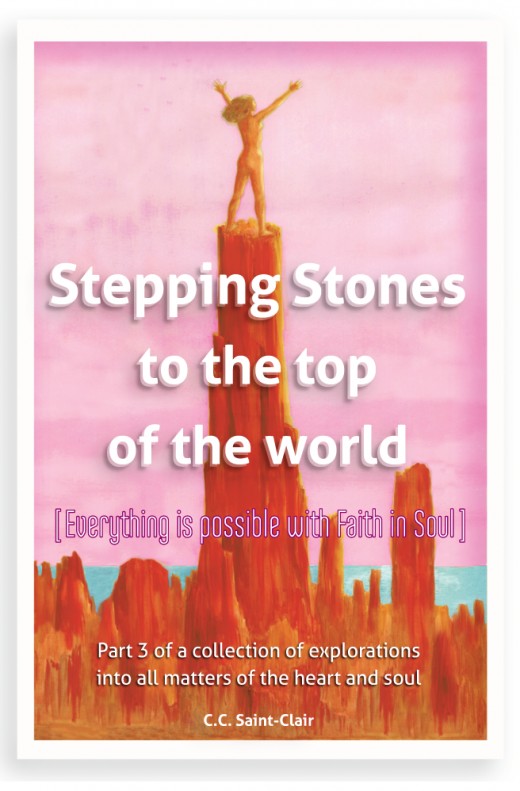
© 2017 Carole Claude Saint-Clair


